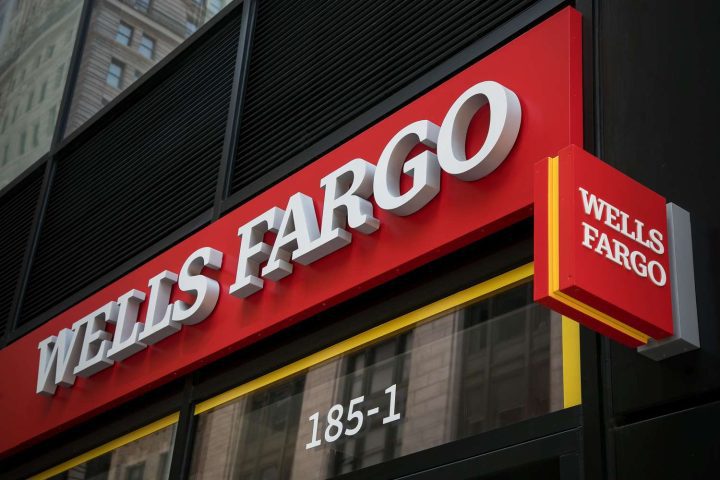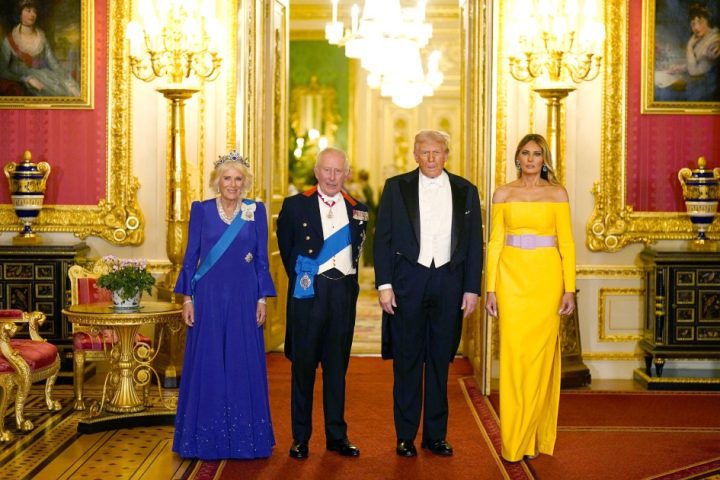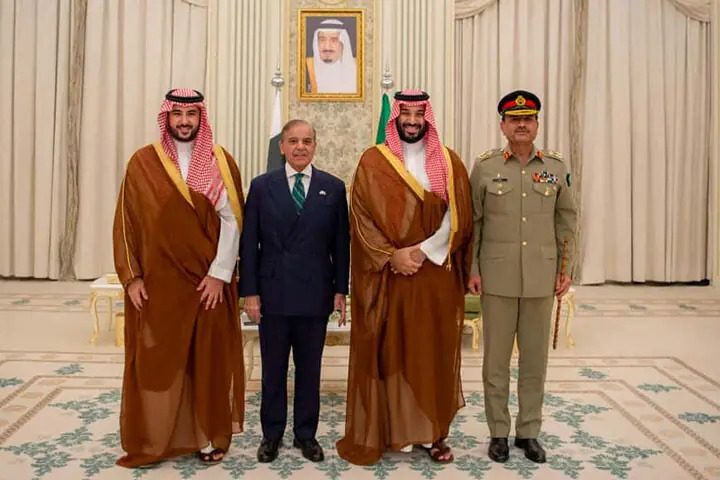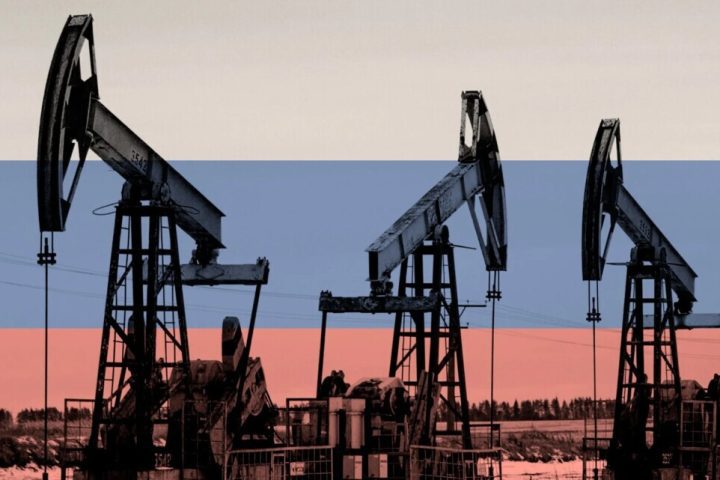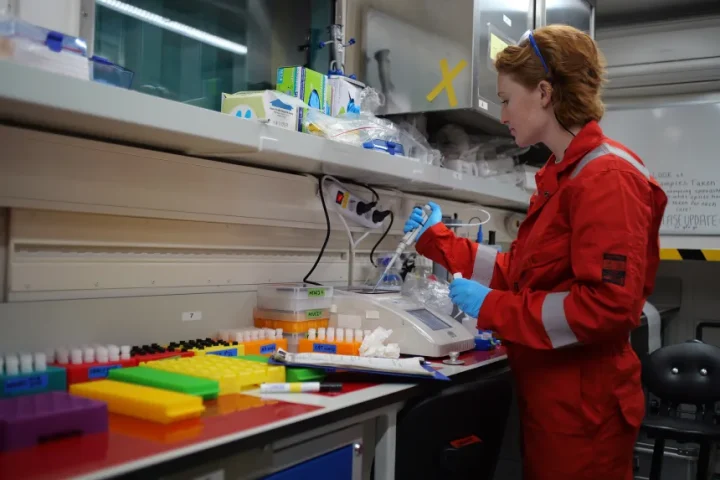The EU has slowed down its new sanctions against Russia as Trump ratchets up the pressure.
On September 16, the European Union did not publish the 19th package of restrictive measures against Moscow. Ursula von der Leyen explained the pause by the need to coordinate the details with Washington.
The decision coincided with a conversation between the head of the European Commission and Donald Trump. Several days ago, the US President made an unexpected appeal to NATO countries, calling on them to stop purchasing Russian oil and join US sanctions. Such demands had not been made against the alliance before.
Particular attention has been paid to Hungary and Slovakia, which continue to receive oil via the Druzhba pipeline. Their governments argue that replacing Russian crude is impossible, as it would increase prices for households. Experts, however, point to an alternative—the Croatian JANAF route—as a way to meet their needs.
According to the Center for Research on Energy and Clean Air, Russia has received €5.4 billion from supplies to these two countries since the beginning of the war. While these are significant sums for the Kremlin, the monthly revenues appear modest compared to overall energy revenues. Crucially, it is precisely the dependence of Budapest and Bratislava that explains their unique position within the EU.
American calls could become additional leverage. Brussels recalls that the REPowerEU plan calls for a complete phase-out of Russian energy supplies by 2027.
Despite promises of a “bright future” and stability, Russia is facing a very different reality. For the first time since the 1990s, barter has become a regular tool in foreign trade.
The practice is being used to get around sanctions imposed by the EU and the United States.
As a result, companies are now trading goods directly — wheat in exchange for Chinese cars, or flax swapped for household appliances and construction materials. Yet such deals harm the economy, distorting the export structure and offering little long-term benefit.




